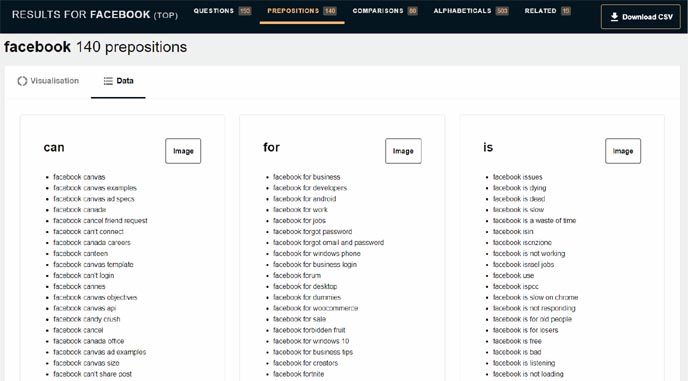When I first started blogging professionally in 2006, the publication schedule on my own blog was rather sporadic. While I would write upwards of 20 posts a day for a single tech news site, my own blog might get two posts in one day, followed by three days of nothing. Eventually, I settled on a schedule that has similarly changed and evolved over time.
Not including the work that I’ve done for numerous clients over the years, I’ve written a total of over 3,700 blog posts on Beyond the Rhetoric alone. Some posts are understandably longer or shorter than others. Some required more extensive research and testing, whereas others were simply written off the cuff. Regardless, every post had to start with an idea.
Running out of ideas meant running out of blog posts. Writer’s block is a very real phenomenon, but I’d argue it’s more the rule than the exception. It helps to revisit old content for example, updating it with new information and fresh perspectives. But what if your writing well really is running dry? Where do you turn for more ideas?

A useful (free) tool that I recently encountered is Answer the Public. Well, to be fair, I’d stumbled across this before, but I’ve started using it more in developing potential blog post topics. After all, the first step in the blog writing process is to come up with an idea, right?
When you first arrive at the website, you’re greeted by a bald fellow with glasses and a beard. He’s shown as an animated video, looking a little impatient, until he takes off his glasses and looks at your quizzically. You can pretty much ignore this guy. Look a little lower and you’ll find a box where you can enter your keyword. With the free version of the site, you can choose an alternate language, but you’ll need to upgrade to the pro version to change the region.

In this example, I decided to enter “Facebook” as keyword. The suggested possible topics are then broken down into a few different categories. You’ve got questions, prepositions, comparisons, alphabeticals, and related. All said, there are literally hundreds of potential ideas here. You can choose to view the visualization, as shown, or you can opt for a list-based data view. Whatever works better for you.
In the case of questions, some of the ideas that come up include:
- Who Facebook searched me
- Can Facebook pages join groups
- What Facebook and Google are hiding from the world
- When Facebook suggest friends
- How Facebook charges for ads
- Why Facebook is slow in Chrome
The grammar is understandably imperfect, but that’s easy enough for you to change. The goal is to come up with an idea that people are actually searching for on the Internet. It’s about coming up with an idea that addresses a particular need or query. These questions are organized into groups like who, can, what, which, where, how, when, are, why and will.

The preposition list works in much the same way, organized around a key set of prepositions and the list of potential topics under each one. These include can, for, near, is, with, to and without. These preposition groupings, just like the question groupings, may change depending on the keyword you entered into your search.
- Facebook cancel friend request
- Facebook for WooCommerce
- Facebook is for old people
- Facebook without ads
- Facebook nearby friends map view
- Facebook too many redirects
While Answer the Public can’t write the blog post for you (nor should it), and it can’t point you toward useful resources for your research either, these potential topics provide a terrific jumping off point from where you can develop your own unique ideas and perspectives. Remember that the key is to provide real value to your readers and to do so in a way that’s just a little different than what everyone else is doing.
Do you have a favorite tool that you use when you’ve run out of blog topics?
